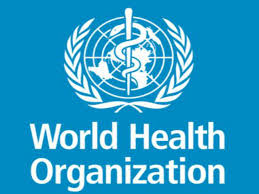 NEW DELHI: The World Health Organisation has called on member countries in South-East Asia Region to step up efforts towards universal health coverage, stressing that healthier populations create more productive economies.
NEW DELHI: The World Health Organisation has called on member countries in South-East Asia Region to step up efforts towards universal health coverage, stressing that healthier populations create more productive economies.
Universal health coverage (UHC) is central to improving health and well-being – a fundamental human right, Poonam Khetrapal Singh, WHO South-East Asia regional director, said on World Health Day on April 7.
The theme of this year’s World Health Day is ‘Universal Health Coverage: everyone, everywhere’.
UHC is a flagship program of the WHO in the region since 2014. In recent years, member states have taken several initiatives to help improve access to essential health services. However, challenges remain.
Singh said universal health coverage is imperative for a country’s well-being as healthier populations create more productive economies.
“Nearly half of the WHO South-East Asia Region’s population still lacks full coverage of essential health services. Significant inequalities persist and poorer people, and those in rural areas, have lower access than richer people, and those living in urban areas,” Singh said.
Some 65 million are pushed into extreme poverty, mainly due to paying out-of-pocket for medicines, especially for non-communicable diseases such as heart disease and diabetes.
Health services must be planned around the needs of the people, Singh said, highlighting that by 2020 more of the region’s population will be over 60 than under-five.
Hence, ageing population, reversing the growing burden of non-communicable diseases, and early detection and timely treatment of infectious diseases, should be the focus of front-line services.
Increasing access to quality and affordable essential medicines is also fundamental. Paying out-of-pocket for medicines is the leading cause of financial hardship from healthcare spending in this region, Singh said. PTI






